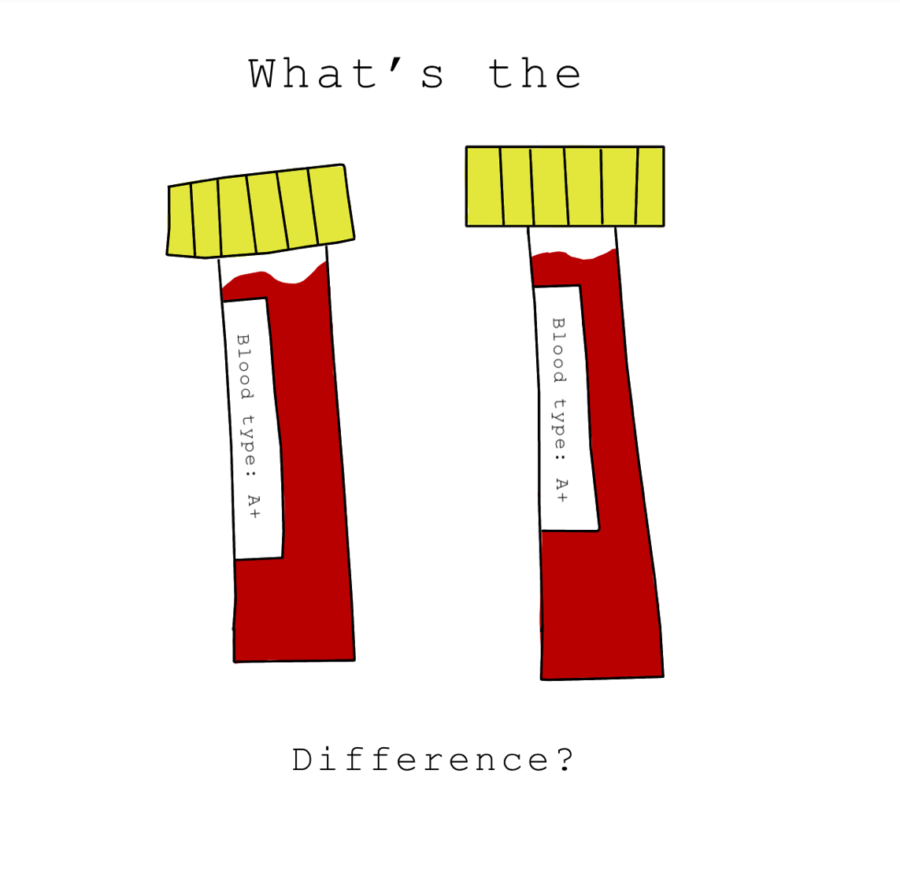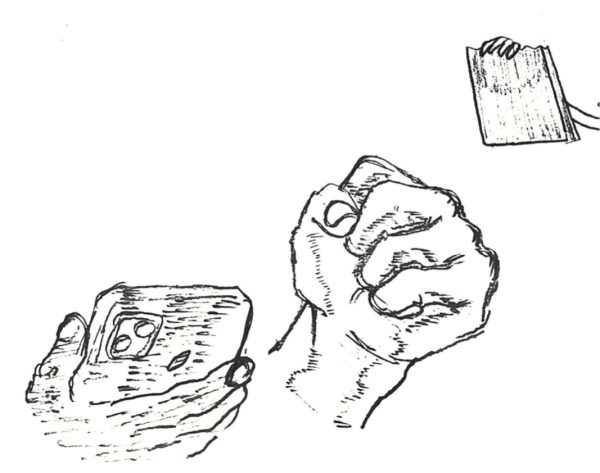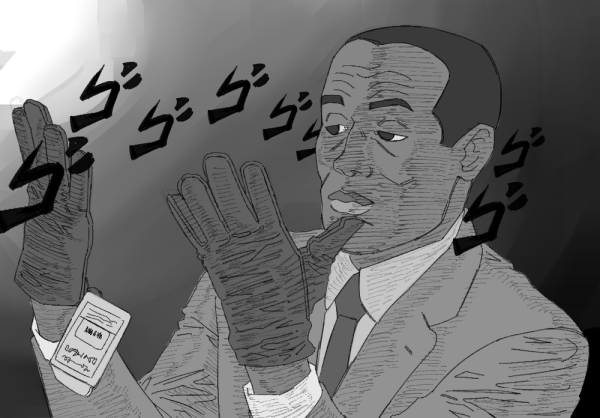Student Spotlight: A Person’s Sexuality Shouldn’t Affect Their Ability To Donate Blood
March 14, 2022
The blood drive at our school has been a major success in terms of donating blood during these trying times.
However, there has been a lingering issue with the American Red Cross against the LGBTQ community, including the three-month abstinence rule against men who have sex men.
The reason for this rule was the rise of the HIV/AIDS epidemic of the 1970-90s. Unfortunately, HIV/AIDS is also known as the “gay disease.” The true irony now is that more heterosexuals actually have the virus compared to gay men. However, the three-month abstinence policy is still in place, discriminating against men who have sex with men.
The reality is, HIV isn’t a gay disease. In fact, it doesn’t correlate with sexual preference at all. HIV/AIDS can be spread by any means of bodily fluids going into another’s body, whether sexually or asexually, including donating blood. It is sickening how this outdated policy still impacts the community and legally prevents good men from doing what’s right, just because of who they interact with.
Science should not discriminate against anyone based on unfounded bias, but rather stick to the facts. Data can change over time, especially data regarding certain populations. The rule was made during a time where there was little information about the virus, and with the information that was given, more harm was done than good.
The LGBTQ community as well as allies in and outside of the medical world want to make one thing clear. Sexual orientation is not an illness, nor does it connect directly to any other disease. Anyone can get an STD if they are not careful.
The safest way to avoid contraction of STD’s is of course abstinence. However, condoms also provide efficient protection if used properly. If proper sex-ed for all sexualities were taught, there would be a drastic decrease in HIV cases. We are in an age where progress is making its mark, so it should be time to update the abstinence requirement to keep everyone safe, or to abolish the rule in its entirety.
While it is a noble deed to help your community by donating blood, it is important to make sure that the proper information is being spread. No one should have to be excluded from doing what’s right.










